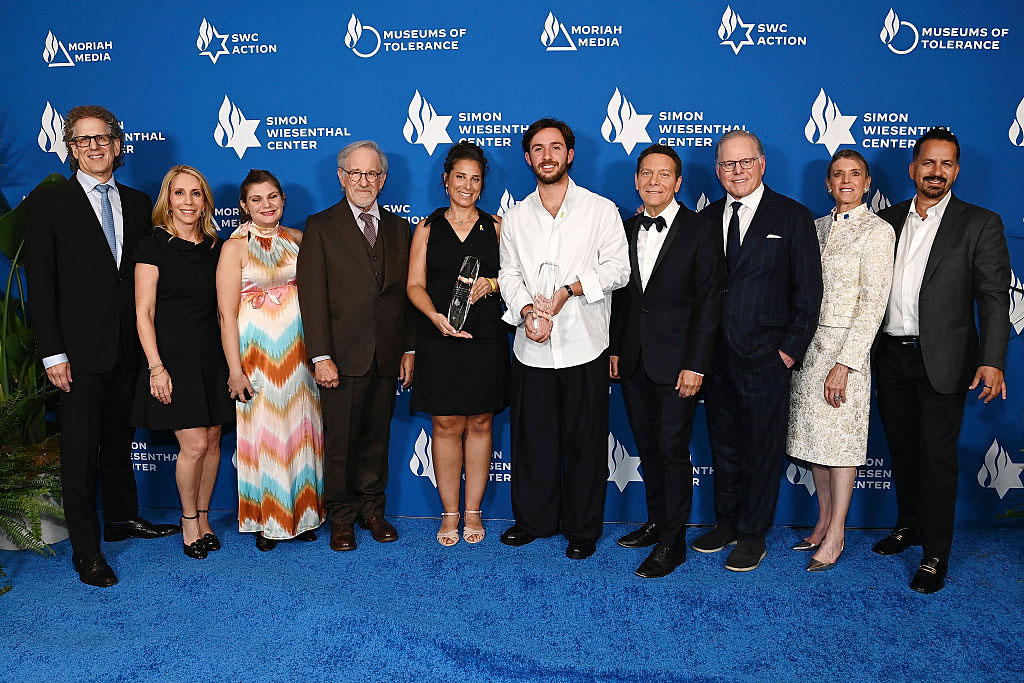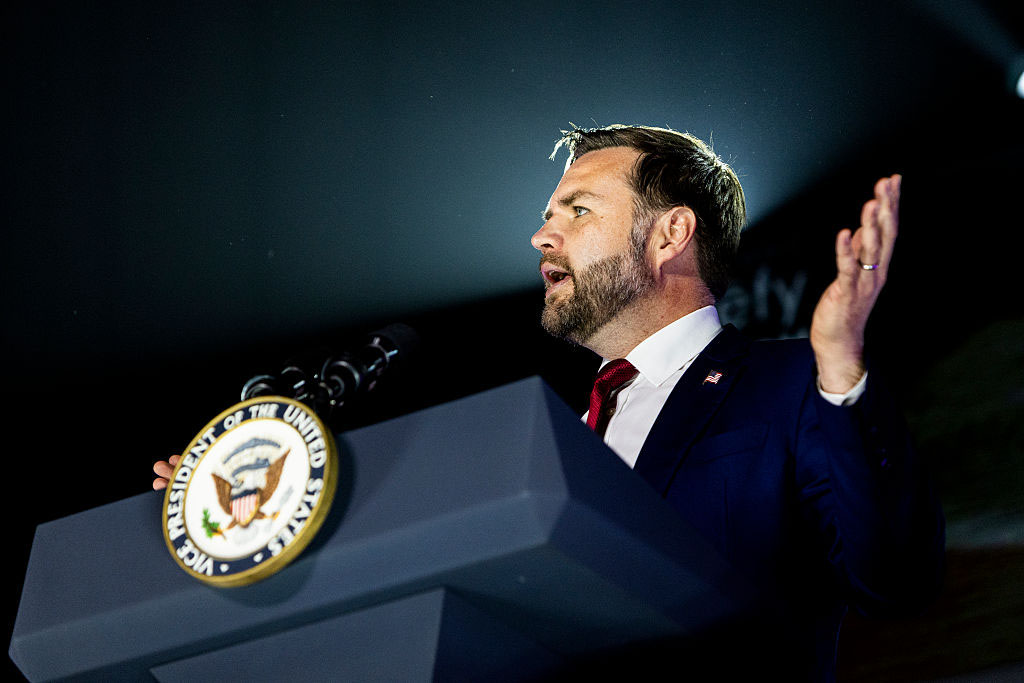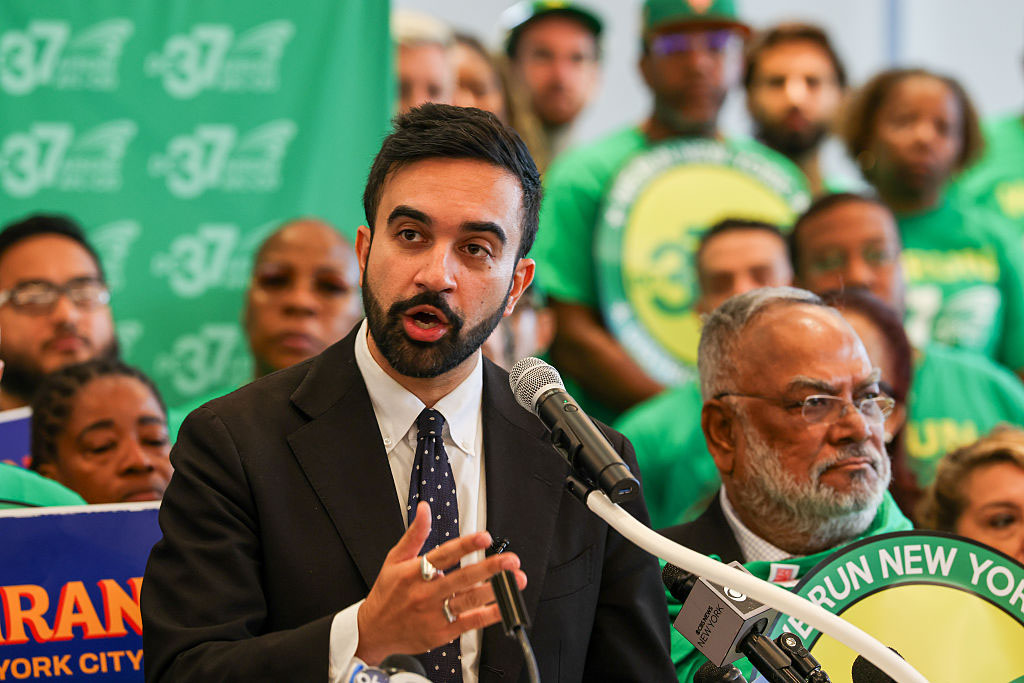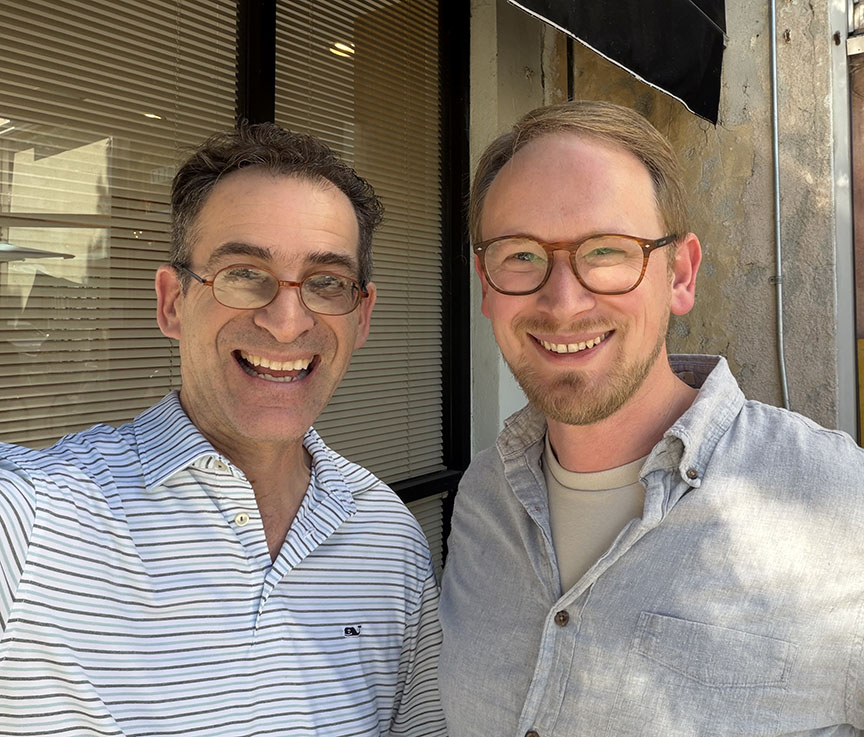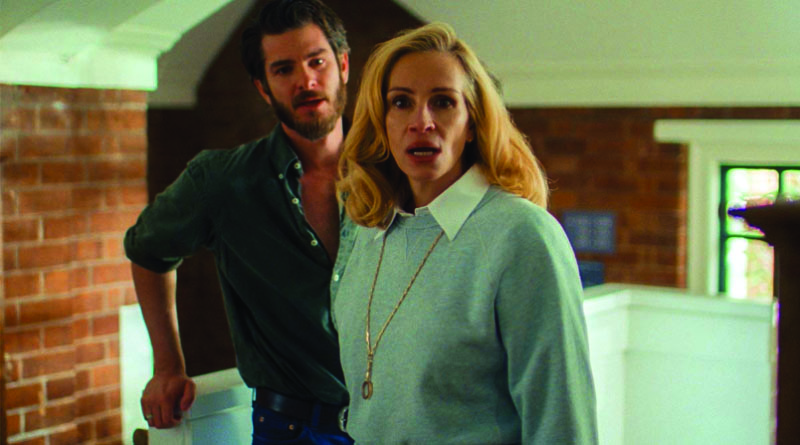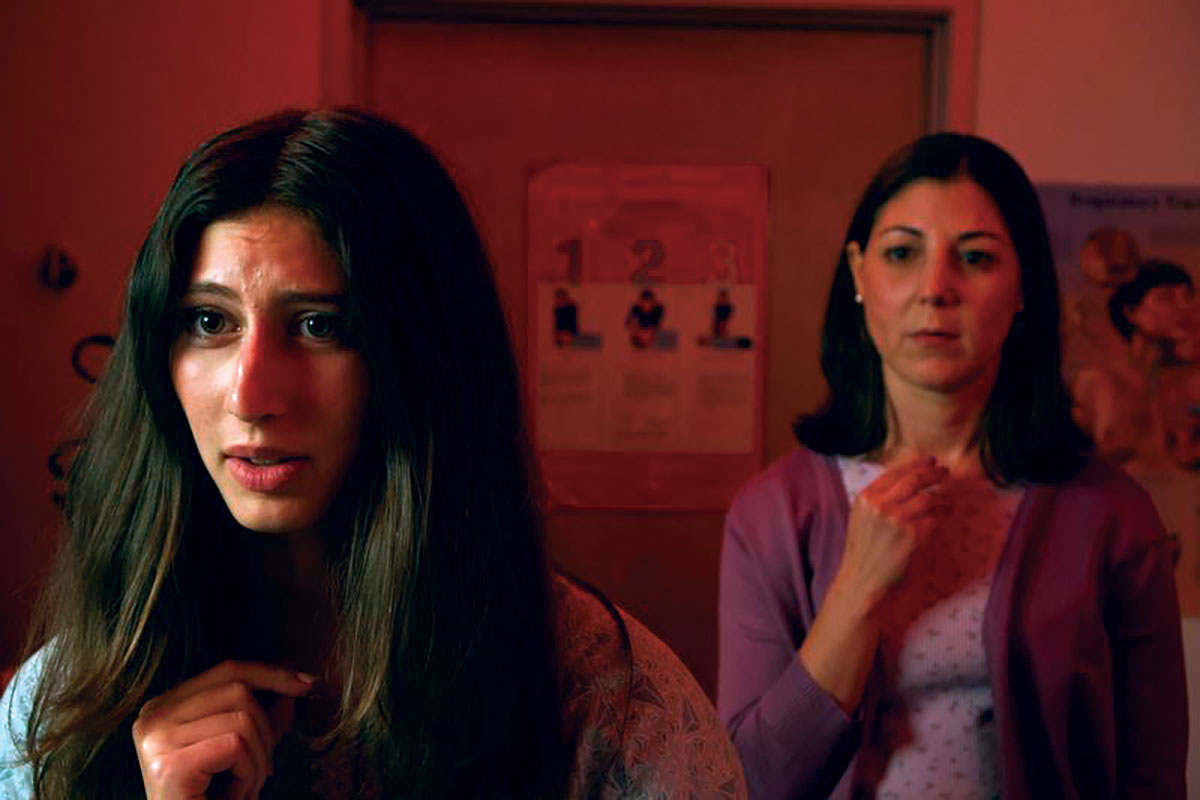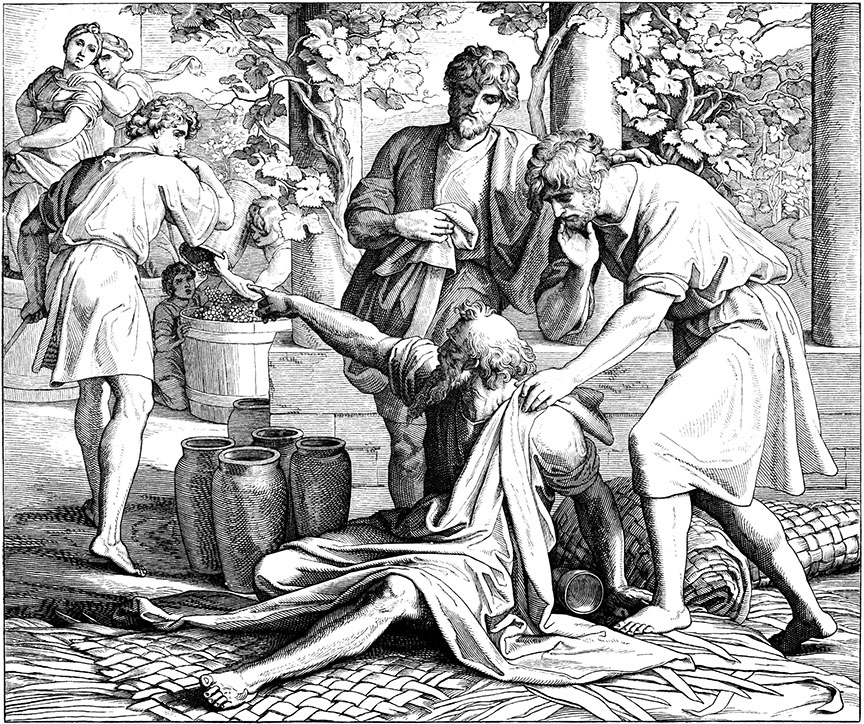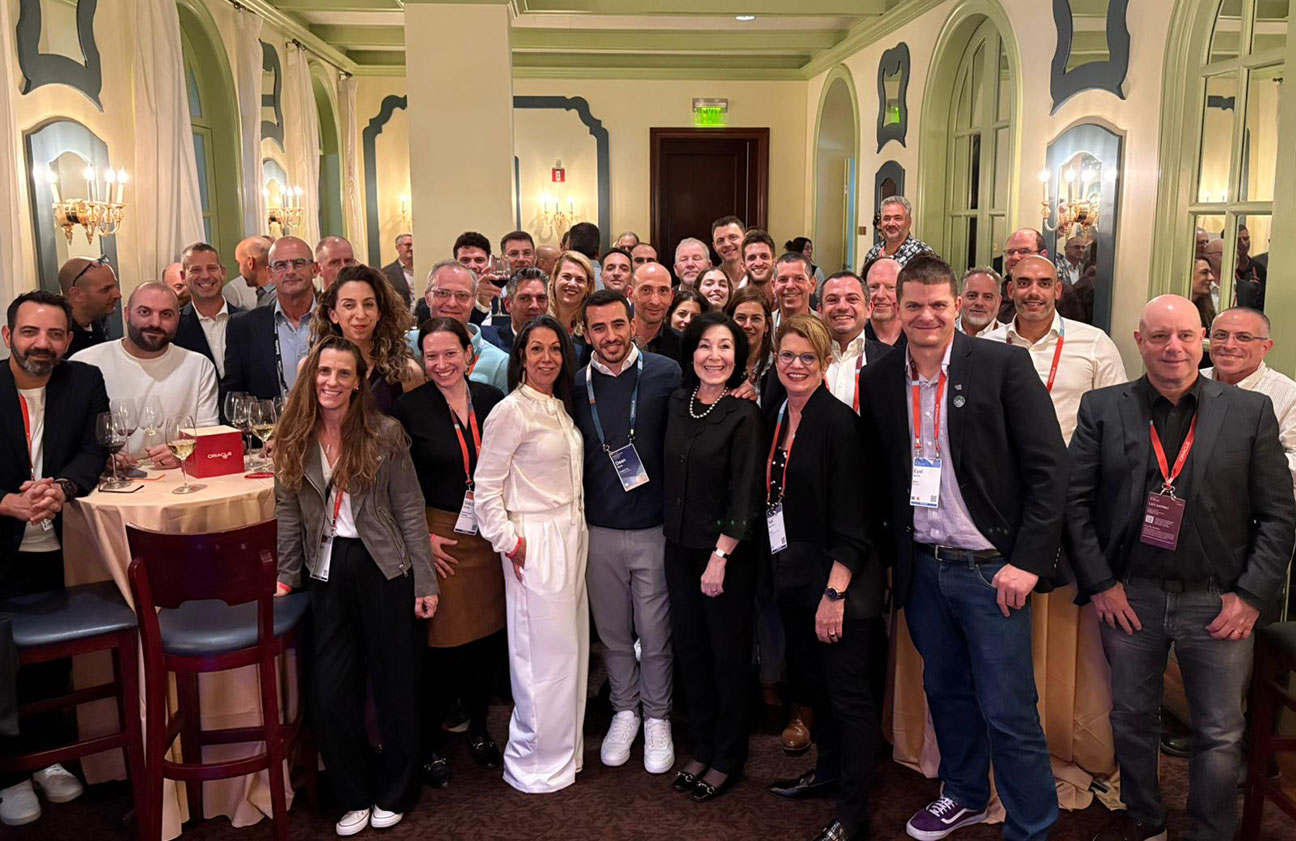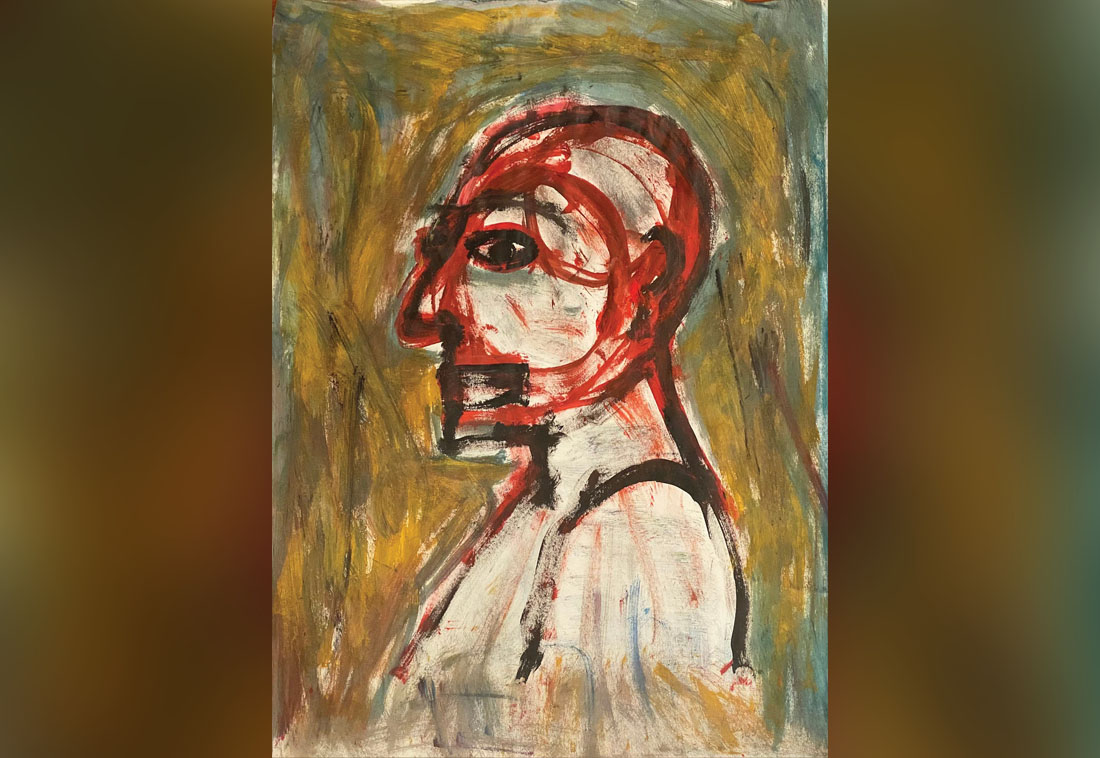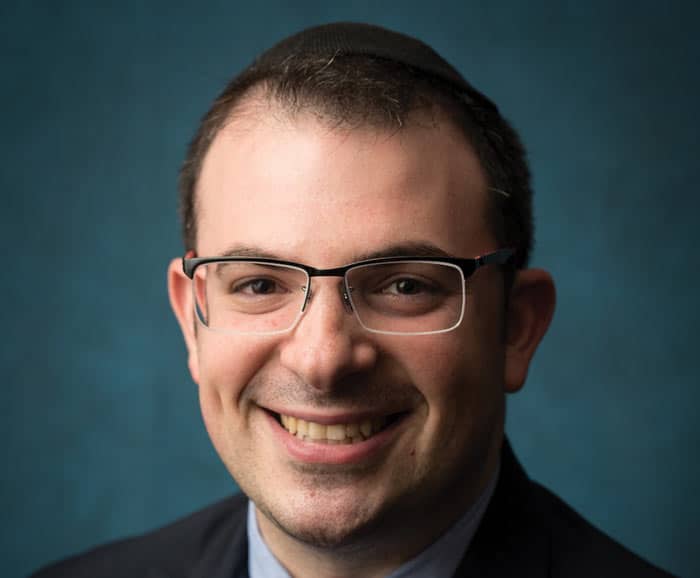
I was in a low state when I opened my computer to speak with Rabbi Ari Lamm. I had recently secured my first apartment in Tel Aviv and had overcome a small but bitter crisis with my landlord. The Israeli and American elections were just days away, so on top of struggling to manage how to be an Israeli (which at the time meant how to schedule an appointment at the bank), I was also struggling melodramatically with what being a Jew means. Religious or secular, American or Israeli, right-wing or left-wing — these labels and various categories of Jewishness were keeping me up at night (I told you it was melodramatic). Which is why it was so utterly refreshing to hear Rabbi Lamm say about halfway through our conversation: “I’m an optimist by nature, so maybe it doesn’t mean as much, but I’ll say that I’ve never been more optimistic about the future of the Jewish people than I am now. This is, by far, the best time in Jewish history to be a Jew.”
This simple statement was so refreshing—primarily because we hear the opposite so often today.
He hosts the wildly popular podcast “Good Faith Effort,” where each week he sits with “thinkers, writers, artists, and faith leaders to explore how the Bible continues to inform our lives today.”
I myself have contributed to the “doom and gloom” outlook on Jewish life that cites the explosion of antisemitism in the Diaspora and the constant crises of Israel as reasons to be worried. But Rabbi Lamm has a different perspective, which I believe contributes to our community’s attraction to him as a prominent Jewish intellectual. Rabbi Lamm writes for top Jewish and non-Jewish publications, he was number 38 in The Jerusalem Post’s 2022 list of the most influential Jews, and he hosts the wildly popular podcast “Good Faith Effort,” where each week he sits with “thinkers, writers, artists, and faith leaders to explore how the Bible continues to inform our lives today.” Not only is his personal podcast popular, but also so is SoulShop studios, the media brand he founded that produces faith-based content specifically targeted to young people. A personal favorite SoulShop product of mine is “Adventures with Dead Jews,” hosted by novelist Dara Horn, a podcast as insightful as it is provocative.
The latest SoulShop project, which is perfectly in step with the brand’s mission statement, is centered around Montana Tucker, a TikTok influencer with nearly 9 million followers. SoulShop recently launched a series on her social pages called “How To: Never Forget,” which follows Tucker on a trip to Poland to visit infamous concentration camps, where she learns more about her family members who died there and her personal connection to the Jewish people.
“We are so incredibly thrilled about this series,” says Rabbi Lamm. “It got a million hits in under 24 hours, and it was on ‘Good Morning America.’ The thesis behind this project is that: the Jewish world tends to think small about our capacity for positive influence and our capabilities in reaching out to the culture. We’re showing that it’s possible to interact with millions of people, not just hundreds … which has always been the Jewish story.”
Even in a world driven by technology, materialism and fast-paced news — a world that Rabbi Lamm acknowledges we are in—not only meaningful Jewish stories but also meaningful Jewish ideas can “make a dent,” as long as they are presented in high-quality content. One would think that contemporary trends, especially among young people, work against this formula for success. But all is not black-and-white.
Across the board, the data show that young Americans are detaching from organized religion. However, Pew Research reports that over 25% of Americans now identify as indeed spiritual, rather than religious in any preconceived sense of the word. This did not come as a surprise. “Of course, younger generations are searching for something,” Rabbi Lamm says. “There is an incredible hunger. They have been told by their parents and their grandparents that they don’t need any community, they don’t need any togetherness, they only must be themselves. Well, they are increasingly finding out that just being yourself means being by yourself, and that’s a vulnerable place.” It’s true that attendance at brick-and-mortar houses of worship has plunged, but it turns out, if Rabbi Lamm’s professional successes are any indication, that the stories we learned in these places, and the senses of meaning, purpose, and shared values we gained in these communities and passed on to our children, are still in hot demand.
Storytelling quickly became a theme in our conversation. Slowly but surely leaving the world of existential dread with regard to the fate of the Jewish people, I explained to Rabbi Lamm that though I am a more secular Jew, I have found that his work in storytelling has awakened part of my own Jewish story that I had previously forgotten, and maybe this rendered me a Jew who was not religious but still connected spiritually, nonetheless. While listening to “Good Faith Effort,” hearing the sparring on this week’s parsha (torah portion), I was reminded of a children’s picture book that I became enamored with in Hebrew school. Each week, we gathered at the front of the classroom and flipped through its pages, learning all about the Garden of Eden, Cain and Abel, and the binding of Isaac. And then there was “Joseph and the Amazing Technicolor Dreamcoat” starring Donny Osmond, the VHS of which played on loop in my house from the ages of two to six. Jewish tradition was an integral part of my childhood, and the emotions in thinking about it provoked something that I couldn’t quite put my finger on yet.
Then it made itself obvious. I remembered that we are currently positioned in the Book of Genesis when reading the Torah, where we follow the beginning of the universe, the beginnings of man, and the beginnings of the nation of Israel. This is where my beloved picture book comes in, and Rabbi Lamm and I deduced that there is probably a form of this picture book in the lives of American Jews, regardless of how secular they are. Genesis remains a staple in both the American and Jewish imaginations, and profoundly in the American Jewish imagination. The explanation for this began to inform the theme of our discussion: optimism.
“The best way to communicate with fellow human beings,” explains Rabbi Lamm, “is through stories. Through common understandings of love, bravery, loyalty, despair. What it means to keep a family together, to navigate jealousy, hatred and loss, and to make and keep promises.“
“The best way to communicate with fellow human beings,” explains Rabbi Lamm, “is through stories. Through common understandings of love, bravery, loyalty, despair. What it means to keep a family together, to navigate jealousy, hatred and loss, and to make and keep promises. There is no other story that expresses these things more clearly than Genesis. We follow Abraham’s story not because he is incredibly virtuous or he is a great teacher, but because he is just a man, who goes on a journey and does not know where it will take him. We are all on journeys like that, or at least we hope to be.” He continued: “What Genesis means to the Jewish people also means something to the individual. The Jewish people have every reason to despair, and yet Genesis tells us to have hope. You can have every reason to despair, but Genesis helps you find hope.”
Of course, not just individuals need hope. Reality could not hide from this interview forever, and my initial feelings of anxiety about the upcoming Israeli election and the American midterms began to creep in. What story would they tell about the relationship between American Jewry and Israeli Jewry? What do the dilemmas in both societies say about our cohesiveness and durability as a culture? It turns out there was no one better with whom to air these existential dilemmas than a rabbi. Genesis, and its supplemental optimistic nature, had an answer for this as well.
Genesis is embedded into how both America and Israel understand themselves. It is common knowledge especially in Jewish intellectual circles that our founders perceived themselves as the new Israelites, looking to a future redemption in the “almost promised land,” as Abraham Lincoln described it. But the tradition extends much deeper. “When Frederick Douglass returned to Maryland for the first time as a free man,” Rabbi Lamm explains, “he quotes the story of Noah. He says: ‘The waters of the flood were retiring.’ Genesis shows up at the pinnacle of American art: Steinbeck’s ‘East of Eden,’ Bruce Springsteen’s ‘Adam Raised a Cain’—and even in American technological prowess. In 1968, when America first broadcasted from the moon, what was read over the transmitter was the first couple of verses of the Bible, ‘In the beginning…’ In America’s case, of civic nationalism where nothing really unites different peoples, you would think our national text would be Justinian’s Code or Thomas Paine’s ‘Common Sense.’ But it’s not … Genesis remained most ingrained in the imagination.”
It is Genesis, in keeping with the theme of optimism, that propels America forward, that gives it hope to continue its journey without a clear destination in sight. In a society with less and less in common, fantastically widespread stories are a remarkable unifier, and an incredible reminder that the only way is forward.
The same thinking can be applied to Israel, a country that feels like it is tearing itself to smaller and smaller ribbons by the minute. I asked Rabbi Lamm to speak to what hundreds of commentators have pontificated about in the last several months: whether the divide between Jews in our only gasp of sovereignty signifies a general weakening of the state. We again returned to the same principles we had been discussing all along. “Israel’s politics can be a mess, but Israeli culture is at a high point,” he says. “We’re seeing some of the most remarkable cultural production in the entire history of the Jewish people take place in Israel — television, food, poetry, literature, art, all this is taking the world by storm.”
The conflict between Israelis would appear to invigorate the output of Israeli society: a society constantly in conversation with itself, constantly wrestling over how to express itself. There is nothing more in line with Genesis than that: wandering into the future not entirely knowing where you’re going, but knowing you have a divine purpose to carry along. Rabbi Jonathan Sacks (z”l), Lamm’s teacher, once said: “Israel is the only place in the world where Jews can create a society, and that is a religious task even though Israel is a secular state.”
When America and Israel live up to the spirit of their founding principles — redemption, optimism, a Promised Land — not only do they get along better with each other, but they are undeniably strengthened internally as well.
The so-called godless world of the 21st century may not be as far from the initial stories that brought us here as we thought. There still exists a yearning, in not only the individual young person who has never been to synagogue in his life, but also in the nation that he calls home, to connect with foundational ethos that binds us closer together. And that truth carries with it a great deal of hope for the future, rendering its adherents like Rabbi Lamm and his devoted followers, optimists.
Blake Flayton is the New Media Director and Columnist for the Jewish Journal.









